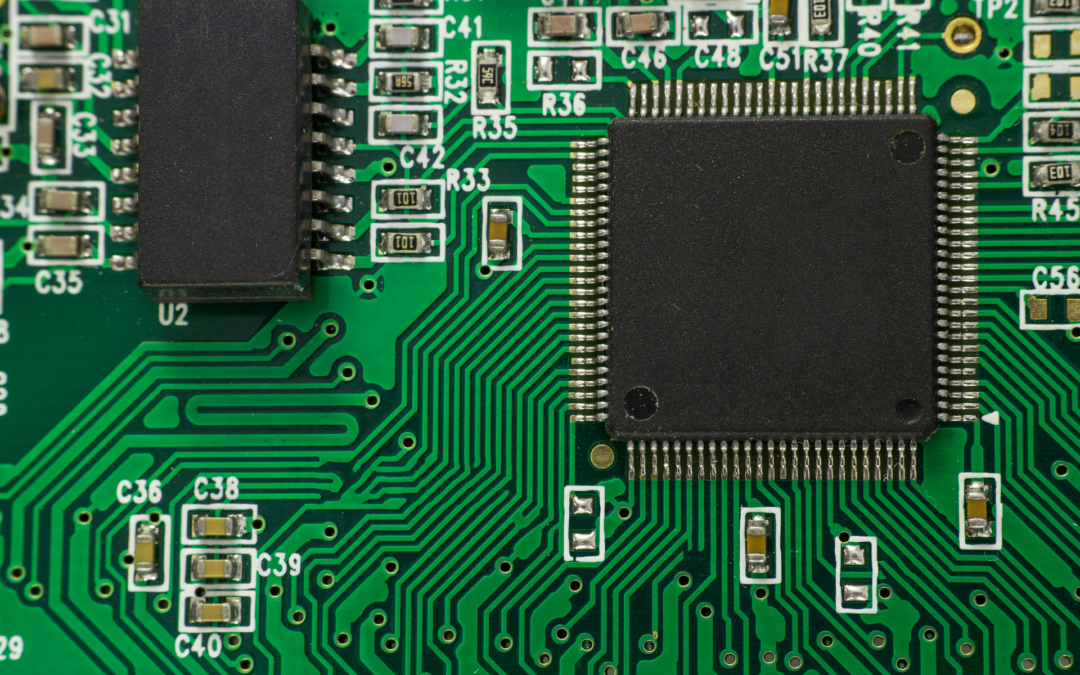In a significant development for the CHIPS and Science Act implementation, on January 16th, the Department of Commerce announced preliminary funding agreements totaling approximately $246.4 million across four semiconductor companies. The proposed investments include:
- $105 million for Analog Devices to expand facilities in Massachusetts, Oregon, and Washington
- $79 million for Coherent’s silicon carbide substrate production in Pennsylvania
- $10.3 million for IntelliEPI’s epitaxial wafer facility in Texas
- $52.1 million for Sumika’s new ultra-high purity chemical plant in Texas
These investments aim to strengthen domestic semiconductor manufacturing capabilities, create approximately 1,190 new jobs across multiple states, and enhance the U.S. semiconductor supply chain. The initiatives span various critical areas including RF microwave systems, silicon carbide substrates, epitaxial wafers, and high-purity chemicals essential for chip production.
In another significant development, the Department of Commerce has finalized three new CHIPS Act awards totaling $143 million, along with a $75 million supplemental award to GlobalFoundries. The latest funding allocations include:
- $32 million for Corning’s HPFS and ULE glass production expansion in Canton, New York
- $18 million for Edwards Vacuum’s new semiconductor dry pump facility in Genesee County, New York
- $93 million for Infinera’s photonic semiconductor manufacturing in San Jose, California and Bethlehem, Pennsylvania
These investments will create approximately 730 manufacturing jobs and 1,475 construction jobs across multiple states. The projects focus on critical components for semiconductor manufacturing, including lithography materials, vacuum pumps for fab operations, and photonic integrated circuits for data communications. The additional $75 million awarded to GlobalFoundries will support advanced packaging technology development at their Malta, New York facility.
The Presidents Forum continues to actively monitor and engage with CHIPS for America developments, recognizing the critical importance of semiconductor manufacturing to U.S. economic and national security interests. Through regular briefings and policy discussions, the Forum maintains close involvement with these initiatives, ensuring its members stay informed about funding allocations, implementation progress, and emerging opportunities in the semiconductor industry.






Recent Comments